Juno Dawson marks 10 years of This Book Is Gay: ‘Librarians tell me it’s their most stolen book’

Juno Dawson’s This Book Is Gay helped a generation of queer people feel understood.(Supplied/Amazon/Canva)
Author Juno Dawson recalls the exact moment she realised that her seminal book This Book Is Gay had succeeded in its purpose.
It was 2022, and she was at the Attitude Awards, being mobbed by the cast of Heartstopper months after the first season had been released on Netflix. Gay actor Joe Locke, who plays shy teen Charlie Spring in the young queer series, approached her.
“He was like, ‘My mum gave me This Book Is Gay when I was like 13, and it completely changed my life’,” she remembers, speaking via Zoom from her home in Brighton. “I realised that he had had that book in his life through those difficult years, and he’d come out the end. Weirdly, the most affirming thing has been watching those young people who read the book 10 years ago become adults. That’s what I always wanted.”
Now, Locke is providing similar enlightenment to a whole new generation. “I walked so Heartstopper could run,” she jests.
Released a decade ago in the UK in September 2014, This Book Is Gay, with its purposefully garish rainbow cover, is a manual covering all aspects of the LGBTQ+ community.
It runs through the basics of coming out, dismantles stereotypes, covers the ins and outs of queer sex, and more. It’s intended for “everyone” but, written in digestible sections and with Dawson’s discernible wit, it’s particularly aimed at queer teens coming of age. It’s also become an essential handbook for parents who have, or suspect they have, an LGBTQ+ child. To this day, parents on the street tell her so.
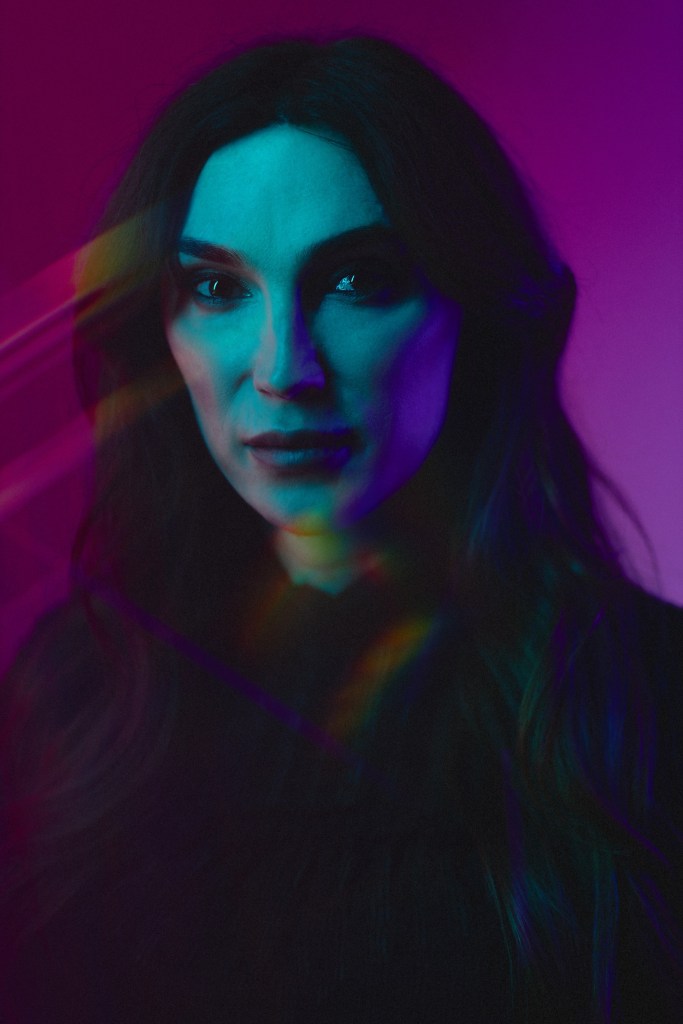
Again, like Heartstopper, the book acts as a launch pad for tough conversations. “It’s so much easier to talk about Nick and Charlie than it is to ask your child: ‘So dear, do you think you might be a bit gay?’ It’s so much easier to say: ‘Let’s watch Heartstopper together’. I know that This Book Is Gay has been that safe space.”
Juno Dawson was born in West Yorkshire in 1981. After attending Bangor University, in Wales, she became a primary school teacher specialising in PSHE, a subject which, of course, incorporates sex education. This was in the 00s and in the shadow of Margaret Thatcher’s Section 28 law, which banned the discussion of homosexuality in schools. Despite it being abolished in England and Wales in 2003, its legacy held strong, and teachers often felt fear about tackling LGBTQ+ issues in the classroom.
This, combined with her own dearth of LGBTQ+ representation growing up – Simon Raymond and Tony Hills’ infamous EastEnders kiss in 1996 was one of very few standout moments for her – encouraged Dawson to put This Book Is Gay together.
It landed on shelves during a moment of cultural change for the LGBTQ+ community. TIME famously called the specific period in 2014 the “transgender tipping point”, buoyed by Laverne Cox’s groundbreaking, Emmy-nominated role as Sophia Burset in Netflix’s Orange Is The New Black.
“But it was a good cultural shift. It felt like a positive moment for trans people… It was almost as if the right-wing was probably fretting about something else,” Dawson eye-rolls.
She talks with the quiet exasperation and required eloquence of a woman who has had to spend years defending herself and her work against vicious bigotry. And she has: following its publication in the US in 2015, This Book Is Gay slowly but surely became a lightning rod for anti-LGBTQ+ outrage. Last year, according to the American Library Association (ALA), it became the third most challenged book in America.
Dawson didn’t expect the rage because there had been none, initially, in the UK. “Librarians loved it, teachers loved it, because it was like, ‘Oh my God, there’s never been a book like this before’. It got really positive reviews. It sold well,” she says. “I was, I don’t want to say blasé, but I think lulled into a false sense of security.”
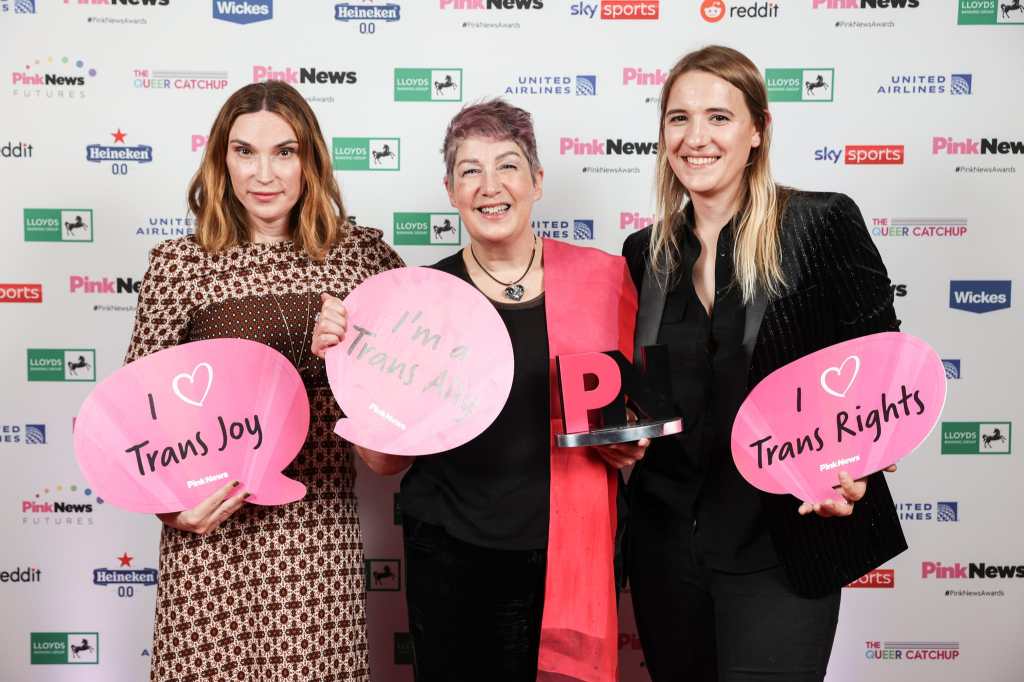
American author David Levithan was the first to tell her that the book “could ruffle some feathers” in the US. In 2014, a parent at a school in Virginia had complained about Levithan’s novel Two Boys Kissing because its cover featured just that. By 2015, it was one of the top ten most challenged books in the country. He knew how these things could snowball.
By the end of that year, and one month after she had come out as trans, Dawson’s own book was facing its first publicised challenge in Wasilla, Alaska. Residents of the town wanted it pulled from the local library due to sexually explicit content.
It’s the same argument used against the book today. “They always get very up in arms about the bit that, you know, there’s some illustrations of genitalia and body parts. They don’t read the book,” she says. They don’t want to engage with the content as is intended, she thinks; their goal is simply to censor and drum up scandal.
Somehow, Dawson sometimes manages to find the funny side about how absurd it all is. “They don’t read the section where I say, ‘If you’re not ready to learn about sex, skip this whole chapter.’ They’re not interested in those bits!”
As LGBTQ+ representation and rights improved, America’s right-wing became emboldened. There’s no need for a rundown of how Donald Trump’s 2016 election win marked a turning point for the community, but the years since have been rough: culture wars; drag bans; “woke”.
Dawson has read all the articles and listened to all the podcasts; she’s aware that the “the right-wing fascist movement in America has really organised around this notion that queer people are groomers”. For the current generation it feels new, but it’s not. “Ask any gay man who lived through the ‘80s… It’s the same old homophobia repackaged as queerphobia, and particularly transphobia.”
This Book Is Gay is bearing the brunt of that “organised” movement more so now than at any point in the past decade. Between 2022 and 2023, it went from being the tenth most challenged book to the third in the US, with 71 separate attempts to get it pulled from library and school shelves last year. Last March, five schools in New York were evacuated after an anonymous note was sent alleging that bombs had been planted, with the threat specifically mentioning This Book Is Gay and the “grooming of children” as the reason.
“It’s a complex issue,” Dawson says. She feels that the ALA’s most challenged list is a double-edged sword. “What tends to happen is, once you make the list for the first time, that list is almost advertising a list of books which conservatives are going to go after. You tend to stay on the list.” As anti-LGBTQ+ sentiment ramped up in the post-Trump era, This Book Is Gay and other LGBTQ+ books became increasingly visible targets.
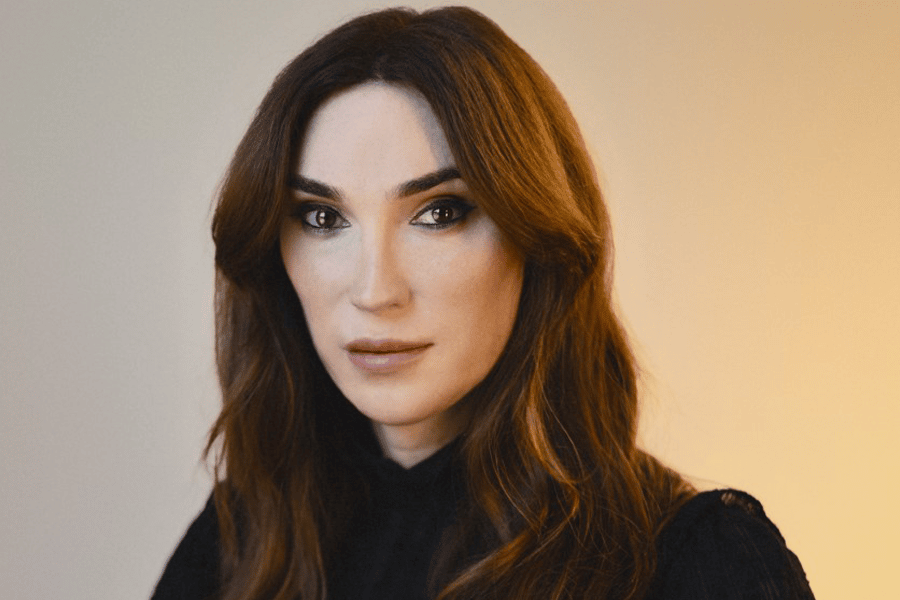
The ALA is, at least, a means of tracking book censorship. In the UK, “we don’t have any way of knowing,” she says. Yet weeks after we speak, that changes somewhat: a study published by the Index on Censorship last month found that more than half of librarians at British schools have been asked to remove LGBTQ+ books from shelves. Dawson’s book, again, is being specifically targeted.
She knew before the study was published, anecdotally, that This Book Is Gay was being taken from UK libraries. As a young adult fiction writer – she’s probably most known for 2022’s Her Majesty’s Royal Coven – she speaks to a lot of librarians. She’s been told that “some parents are just trashing books. They’re just taking books out of libraries and trashing them”. It’s spread beyond the UK, too: one library in Cork, Ireland, was forced to call the police last year after someone tore up a copy of This Book Is Gay while shouting “paedophile slurs”.
Some librarians have told her that This Book Is Gay is the “most stolen” book from their libraries. “Sometimes I think that might be a good thing because I think that means it’s a young queer person who really needed that book and couldn’t ask for money to buy a copy,” she says, hopeful. Yet that disturbing question looms large over her: “Or is it someone who’s binned it? There’s no way of knowing.”
The ceaseless uproar evidently takes a toll on the author. After the Index on Censorship study was published, she wrote on Instagram: “Sometimes I reread This Book Is Gay to check I’m not guilty of the ‘grooming’ I’m accused of.” Still, she remains defiant: “Spoiler, I am not.”
After all she has encountered in the past decade, most would understand if she decided to retreat from ever writing about LGBTQ+ people again. Yet, in 2021, she released What’s the T?, a similar guide specifically for trans and non-binary teens. The controversy has been relatively muted.
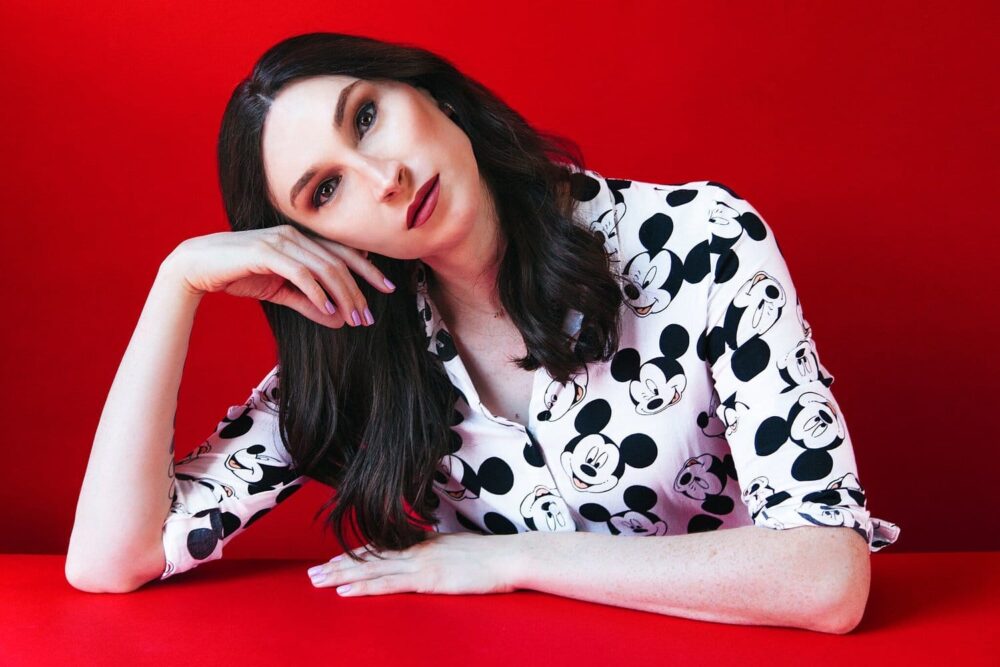
“We got smart,” she smiles. Some of the challenges to This Book Is Gay were, allegedly, due to profanity. “They were like, ‘No, we’re not homophobic, it’s because it’s got the word ‘s**t’ in it.” What’s The T has no swearing and the sex education section is “a little more PG”.
“We were just a little bit more mindful that we didn’t want to give anybody a reason to pull this book from a library except for the fact it talks about being trans or non-binary. So we’ll see what happens,” Dawson says. With the US election on the horizon though, she’s not naive to the lengths right-wingers will go in whipping up anti-trans hatred to score votes. “I think possibly that any potential challenges around What’s The T are in the post, basically.”
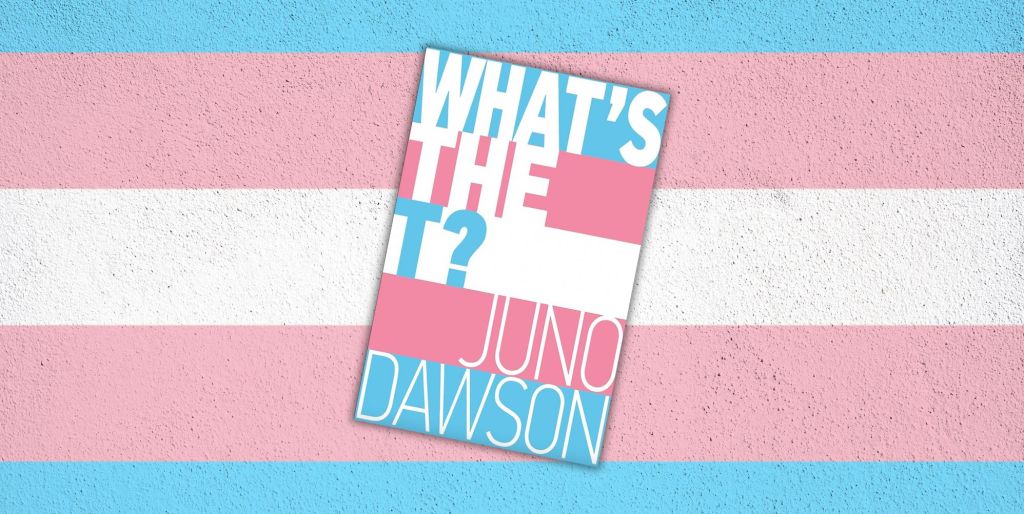
It goes without saying that Dawson is fearful of the world we’re living in now, a world where the most-talked about moment from the Olympics is the perceived gender of a single athlete, or one in which leading politicians run their campaigns around taking down pro-trans celebrities.
As a former teacher, she’s particularly nervous for those professionals on the frontline, having to wade through the impact of right-wing rhetoric every day. “Parents are being fed this narrative that books like Heartstopper or This Book Is Gay are brainwashing children, and that children are being ‘transed’ into having surgery at three-years-old,” she says sardonically. “It’s absolutely insane. This is the worst media landscape for LGBTQ+ people, I would say, in 25, 30 years.”
Then, that incredible defiance shows again. Last year, her US publishers told her This Book Is Gay had sold half a million copies. That’s half a million young queer teens and their families who Dawson has helped to understand themselves a little more. It found the people it needed to. It found Joe Locke.
“It’s hopeful, you know, these things are hopeful,” she says. “There are just so many more opportunities to talk about queerness. I think it’s a better time to be alive, if not a great time to be alive.”
This Book Is Gay is available to purchase now.
Share your thoughts! Let us know in the comments below, and remember to keep the conversation respectful.
How did this story make you feel?

